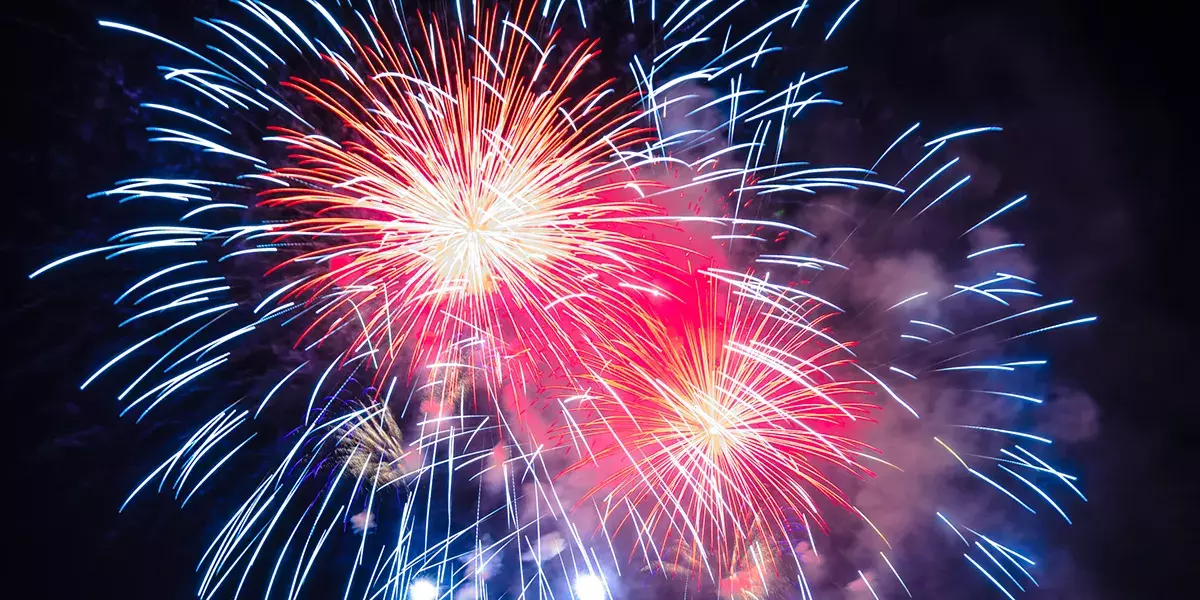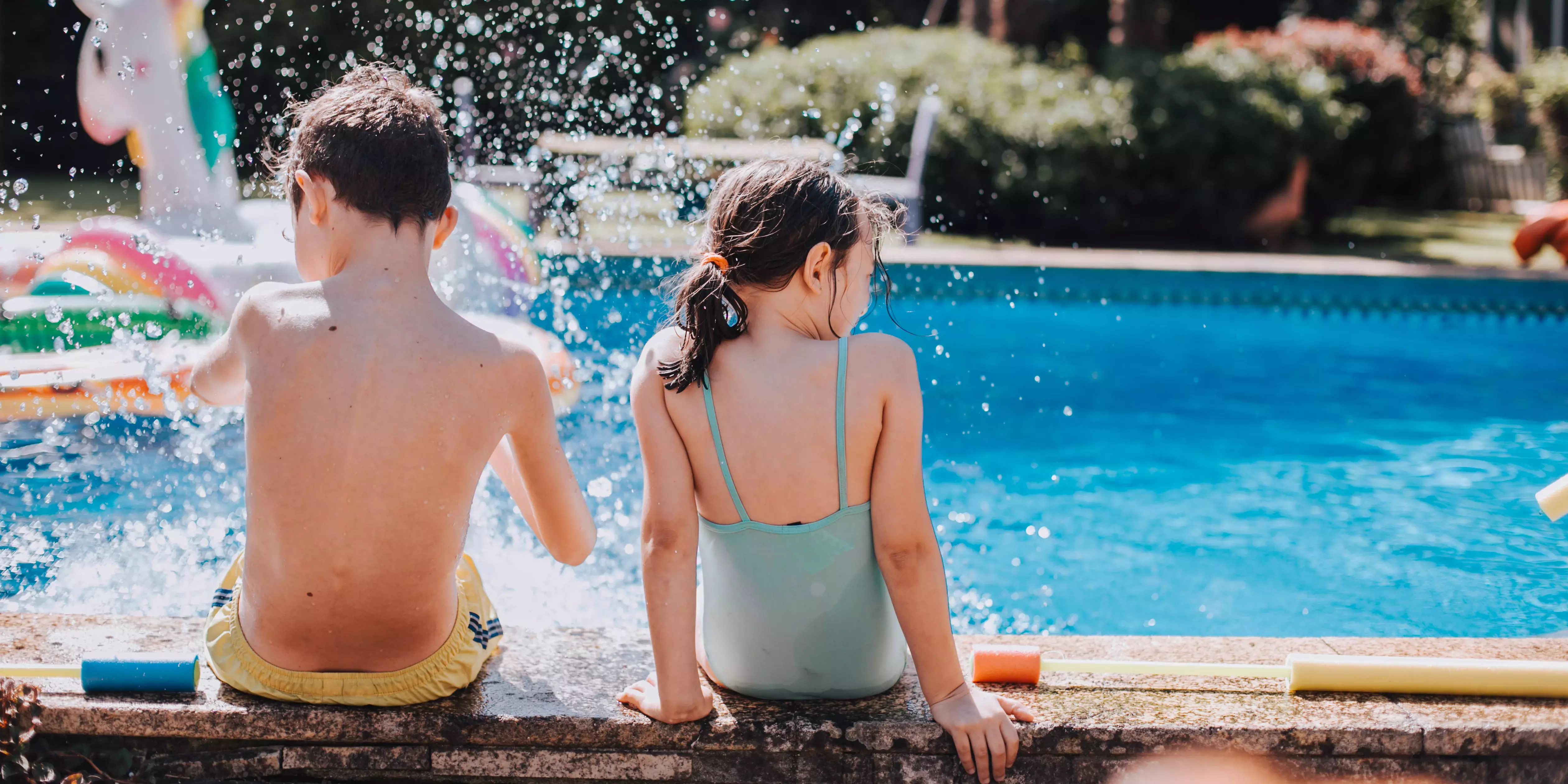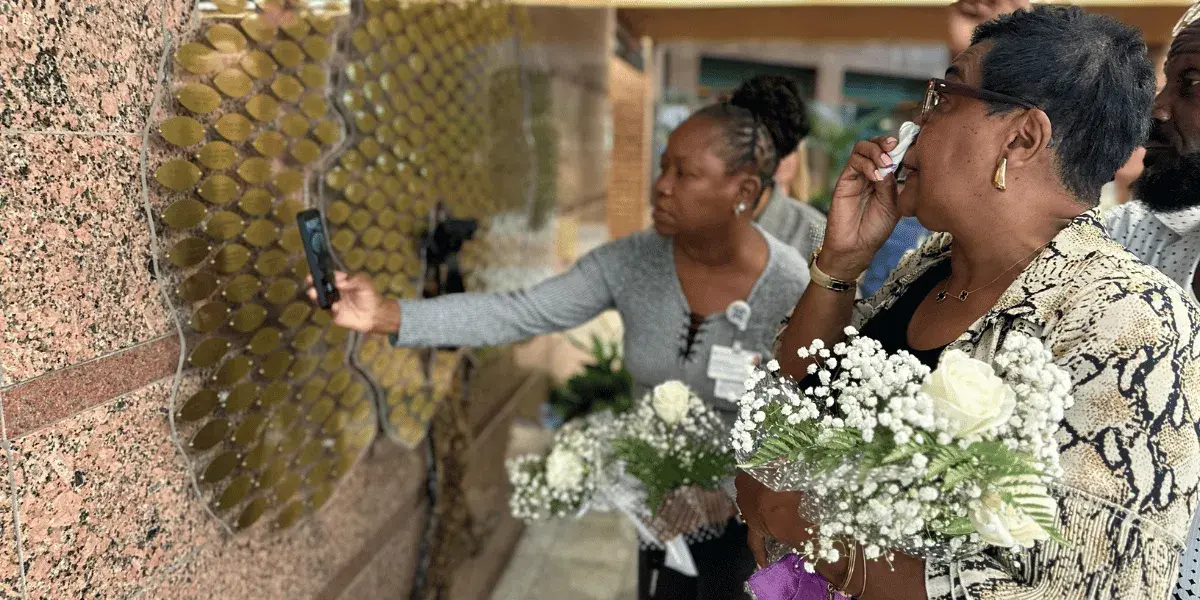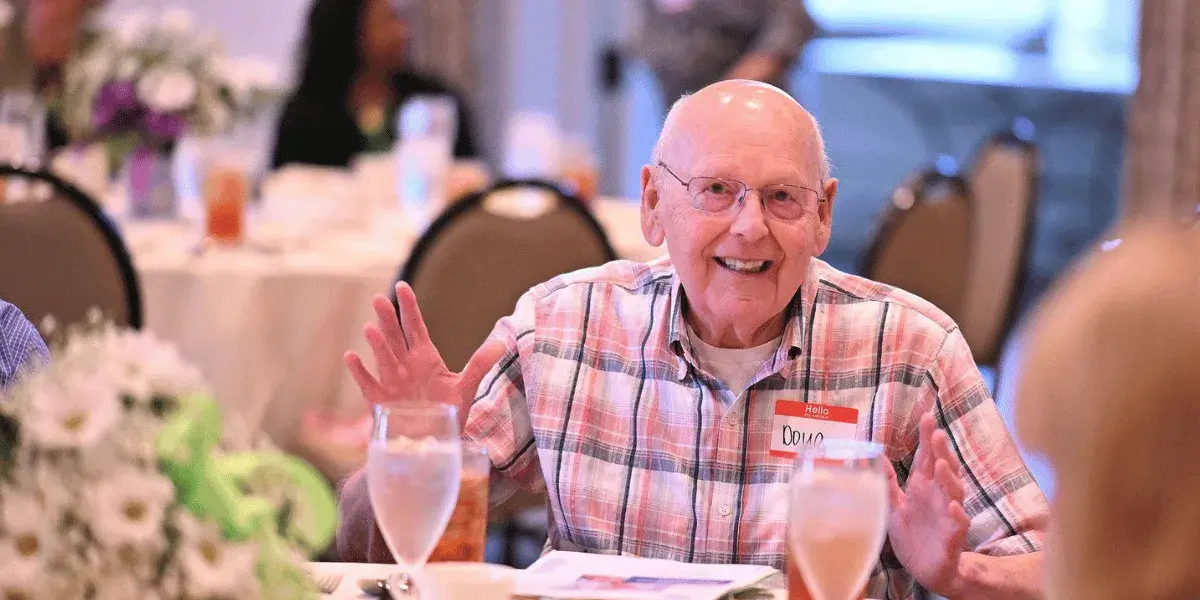
Ooh, ahh, OUCH!
Bottle rockets, spinners, mortars, cakes, sparklers … it's July Fourth, and nothing says Independence Day like the sizzle and boom of fireworks.
There's a thrill to lighting that fuse, but there's a danger, too. That is why all of us at Spartanburg Medical Center's Level I Trauma Center encourage you to leave the fireworks to the professionals this year.
Fireworks are not toys. They need to be handled appropriately to prevent unnecessary damage or bodily harm. Obviously, one danger from fireworks comes from the intense heat they produce. While burns are the most common fireworks-related injury, many of these products are also explosives, and they have been known to remove fingers and toes and can cause blindness due to eye trauma.
Penny Shaw, program coordinator for Safe Kids of the Piedmont, encourages families to take their children to public fireworks displays instead of firing them off at home.
“Even sparklers can be dangerous,” Shaw said, even though many consider them harmless. “Little arms are too short to hold sparklers, which can heat up to 3,000 degrees."
She suggests that, instead of sparklers, let your young children use glow sticks.
“They can be just as much fun, but they don't burn at a temperature hot enough to melt glass,” Shaw said.
In addition to the risk of injury, using fireworks at home can cause serious distress to household pets, and they are a major cause of structure and vehicle fires. Fireworks start an average of over 18,500 fires each year, according to the National Fire Protection Association.
Fireworks safety tips
If you just can't bear the thought of a July Fourth without lighting your own fireworks, we recommend you follow these safety tips, provide by the U.S. Consumer Product Safety Commission:
- Never allow young children to play with or ignite fireworks.
- Avoid buying fireworks that are packaged in brown paper because this is often a sign that the fireworks were made for professional displays and that they could pose a danger to consumers.
- Always have an adult supervise fireworks activities.
- Always wear eye protection.
- Never place any part of your body directly over a fireworks device when lighting the fuse.
- Back up to a safe distance immediately after lighting fireworks.
- Never try to re-light or pick up fireworks that have not ignited fully.
- Never point or throw fireworks at another person.
- Keep a bucket of water and garden hose handy in case of fire or other mishap.
- Light fireworks one at a time, then move back quickly.
- Never carry fireworks in a pocket or shoot them off in metal or glass containers.
- After fireworks complete their burning, douse the spent device with plenty of water from a bucket or hose before discarding it to prevent a trash fire – this includes sparklers.
- SC state law prohibits lighting or discharging fireworks from a boat unless a permit has been issued.
- Make sure fireworks are legal in your area before buying or using them.
And let's not forget the safety of our pets!
- Don’t bring your pets to a fireworks display.
- If fireworks are being used near your home, put your pet in a safe, interior room to avoid exposure to the sound. If possible, turn on music or a TV.
- Make sure your pet has an identification tag, in case it runs off during a fireworks display. Even the most secure fencing can be breeched by a frightened animal.
- If you are planning to shoot fireworks at your home, be a good neighbor and let the people that live close to you know about it in advance so they can keep their pets safe.
- Never shoot fireworks of any kind (consumer fireworks, sparklers, fountains, etc.) near pets.
Play it safe
Every year there are many beautiful fireworks displays in the Upstate, so keep an eye on your local newspapers and TV stations for times and locations.
To learn more about firework safety for your family and your pets, visit the Consumer Products Safety Commission and the resources published by the American Society for the Prevention of Cruelty to Animals. Becoming knowledgeable about safety measures will help make the holiday more fun for everyone involved.
A July Fourth celebration that ends in the emergency center will be memorable for all the wrong reasons, so play it safe this year and be trauma-free.












